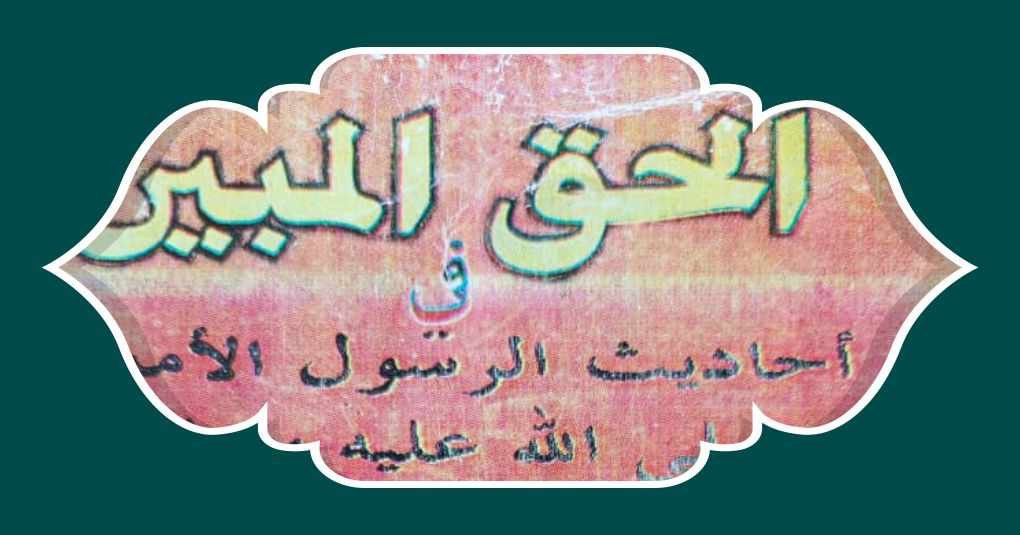The Second Hadith:
The Prophet Muhammad (peace be upon him) is warning against negative suspicion (Arabic: ẓann) — which means assuming the worst about others without proof.
Table of Contents
ToggleArabic text
الْحَدِيثُ الثَّانِي
عَنْ أَبِي هُرَيْرَةَ رَضِيَ اللَّهُ عَنْهُ قَالَ: قَالَ رَسُولُ اللَّهِ صَلَّى اللَّهُ عَلَيْهِ وَسَلَّمَ: ((إِيَّاكُمْ وَالظَّنَّ، فَإِنَّ الظَّنَّ أَكْذَبُ الْحَدِيثِ)). رَوَاهُ الْبُخَارِيُّ وَمُسْلِم
Translation(Meaning)
The Second Hadith
On the authority of Abu Hurairah (may Allah be pleased with him), who said:
The Messenger of Allah (ﷺ) said:
“Beware of suspicion, for suspicion is the falsest of speech.”
(Narrated by al-Bukhari and Muslim)
Brief Explanation:
The Prophet Muhammad (peace be upon him) is warning against negative suspicion (Arabic: ẓann) — which means assuming the worst about others without proof. This kind of suspicion is dangerous because:
- It often leads to false accusations.
- It corrupts relationships and society.
- It causes a person to commit further sins, such as backbiting, spying, or unjust behavior.
The Prophet calls it “the falsest of speech” because it is usually based on assumptions, not facts.
Qur’anic verse
Surah Al-Hujurat (49:12):
“O you who have believed, avoid much [negative] suspicion. Indeed, some suspicion is sin. And do not spy, nor backbite one another…”
This verse warns that not all suspicion is sinful, but much of it is, especially when it leads to spying or gossip. It shows how suspicion can lead to other sins.
Some other related hadith:
1. The Prophet (SAW) said:
“Whoever believes in Allah and the Last Day, let him speak good or remain silent.”
(Sahih al-Bukhari and Muslim)
This highlights that silence is better than speech based on false suspicion.
2. He also said:
“If you search for the faults of people, you will corrupt them or almost corrupt them.”
(Abu Dawud)
Looking for faults begins with suspicion, which Islam discourages.
Some reasons Why Is Suspicion So Harmful?
- It destroys trust among people.
- It leads to wrong judgments and unjust actions.
- It spreads division in families, friendships, and communities.
- It shows a lack of good character and reliance on truth.
What should we do according to Islamic faith?
Good assumptions (ḥusn al-ẓann) are encouraged. A Muslim should assume the best of others unless there is clear evidence to the contrary.Justice in speech is a central Islamic value — speaking based on truth, not emotion or guesswork.Islam teaches personal accountability, where one should worry more about their own faults than judging others.
Allah(SWT) knows best!

